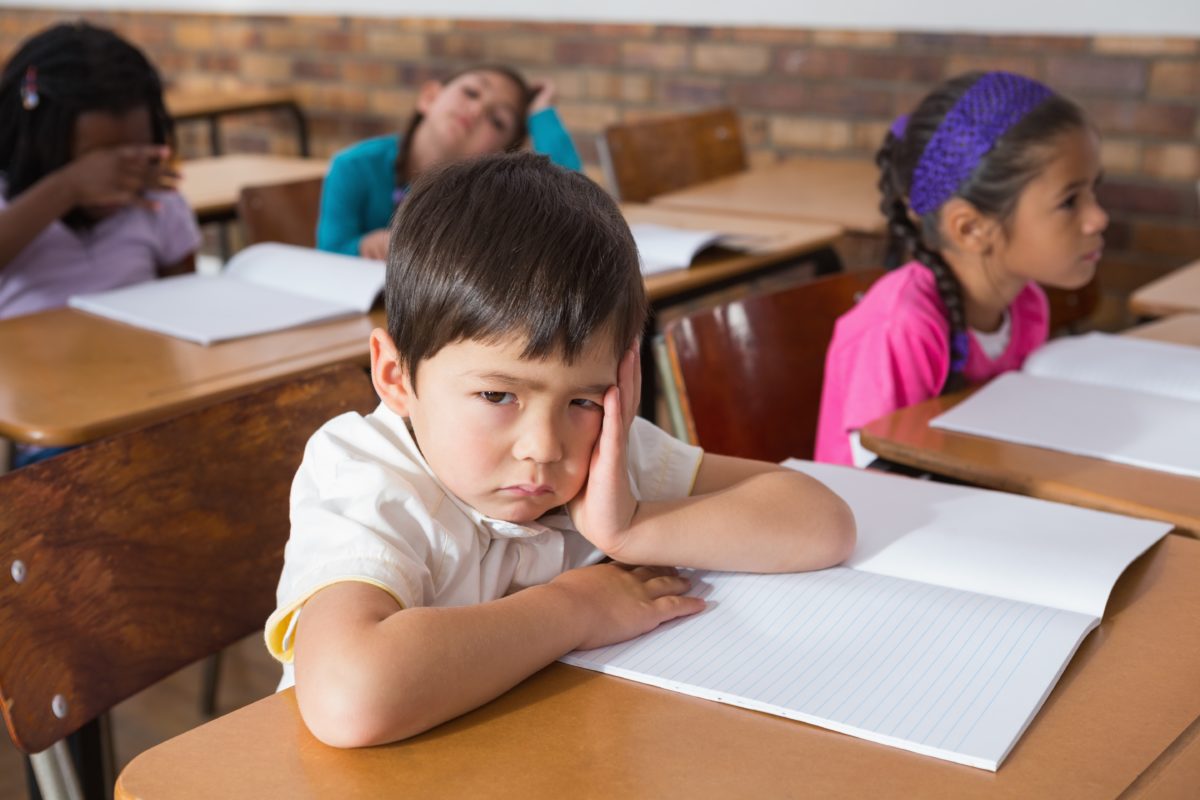The Bottom Line Factory Model Education Ignores Varied Learning Readiness
Little progress has been made in closing the achievement gap despite endless initiatives among school districts across the country. The achievement gap refers to the statistically significant difference between average test score data among students from differing socioeconomic or race/ethnic groups. Instead of clinging to the antiquated notion that all students learn the same way at the same rate, educational leaders need to employ a personalized model to aid in student learning. This model is especially essential for students identified by their test scores as experiencing lower academic achievement.
Students enter school with immense variations of learning readiness. It is illogical to operate an educational system on the premise that providing all students equal learning hours and days, and the same curriculum level based solely on their age, will result in similar academic performance. Instead, meeting students where they are in terms of learning readiness is paramount in moving them forward to increased learning.
As adults, we acknowledge that we do not all learn the same way or at the same pace. Often our learning aptitude varies by subject matter. Some are more inclined to quickly understand a car engine’s inner workings, while others may learn the basics of a foreign language with less difficulty. For example, take 25 adults the same age, from a range of different backgrounds, into an Apple Store and give them the same amount of time to learn a given device with the same directions. Their unique individual experiences and prior knowledge impact learning. Additionally, their confidence and motivation will be factors that dramatically diverge success rates of mastering the device.
Recognizing adult learning outcomes will vary seems obvious. However, why do we ignore this reality for K-12 students? The basic principles of varied learning readiness need to be acknowledged and accounted for in our schools to cultivate student learning effectively. While all students can learn, some students will need more time, instruction, practice, and support than others. Other students need less — just like adults when we learn something new.
Teachers attribute high value to personalized learning for student achievement but become overwhelmed trying to differentiate instruction for roughly 25 students simultaneously. They are simply not prepared to customize the learning experience to meet the wide variety of needs in their classrooms. In a large-scale national survey completed in late 2019, Education Week reported 77 percent of teachers communicated they did not have the needed tools or consistent, effective professional development training to aid them in providing personalized learning for their students. Twenty-one percent reported that any type of training which moved away from a one-size-fits-all approach in their classrooms was utterly nonexistent.
The time is ripe to close the achievement gap by scrapping the ineffective cookie-cutter learning model, designed initially more than 100 years ago. The model operates on the misguided expectation that all students the same age will learn the same curriculum with the same level of support in the same length school day and year. It is not consistently producing prepared, motivated, and confident students. Instead, we need to move to increased levels of individualized instruction through an innovative education model — one that recognizes and responds to students based on their unique learning readiness. Students deserve to exit the K-12 system, after thirteen years of seat time, with the needed knowledge and skills for success in life and the increasingly competitive job market.


